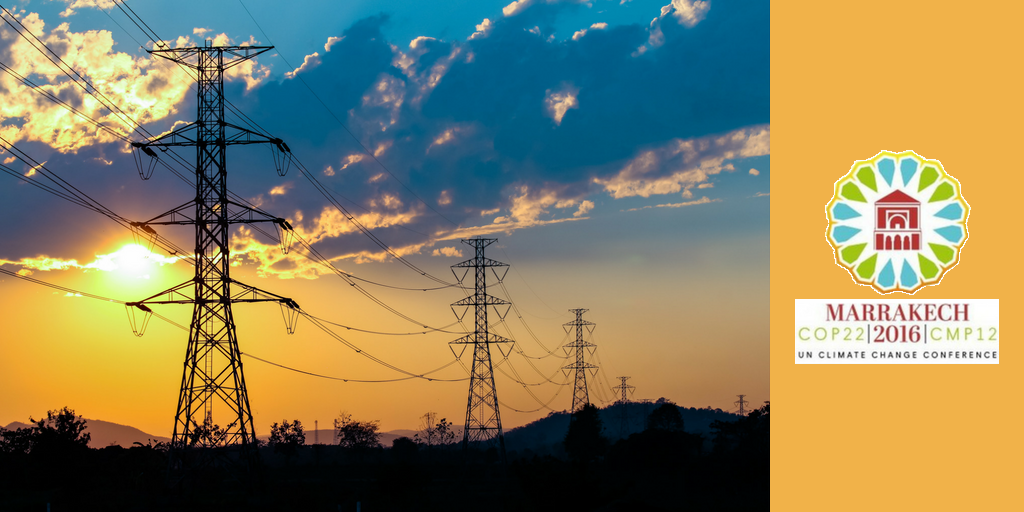
Practical information
Themes and regions
Related centers and programs
Climate goals agreed in Paris at COP21 can only be reached if a strong focus is put on the promotion of low-carbon electricity sources. Electricity generation is already the largest contributor to energy-related CO2 emissions and global demand for electricity is set to increase by another 40% to 2030.

Despite encouraging signs, such as record investment in renewables and falling costs for key technologies, the road to full decarbonization of electricity systems is still long and full of challenges. The aim of this event, co-organised by Ifri and OCP Policy Center, is to discuss electricity decarbonization strategies and identify areas for further international cooperation.
Chair: Marie-Claire Aoun, Director of the Ifri Center for Energy
Speakers:
- The role of electricity in global decarbonization scenarios
Carole Mathieu, Research Fellow, Ifri Center for Energy
- Renewables and the electrification challenge
Jane Olga Ebinger, Director Policy, Sustainable Energy for All
- Can emerging countries leapfrog the 20th century model? The cases of India and Morocco
Anil Razdan, Former Secretary Power, Government of India
Tayeb Amegroud, Research Fellow, OCP Policy Center
- Next steps for mature electricity systems to become zero-carbon
Simon Bennett, Analyst in the Economics and Investment Office of the International Energy Agency
Find out more
From COP21 to COP22: Keeping up the Momentum
In December 2015, a new international climate agreement was adopted, paving the way for increased mitigation and adaptation efforts.
Related Subjects
Other events

From Ambition to Action: Exploring Technological Partnerships with India
The 16th EU-India Summit, held on January 27th in New Delhi with European leaders António Costa, Ursula von der Leyen, and Prime Minister Narendra Modi, marks a significant milestone in deepening EU-India relations. At the same time, official bilateral visits from EU member states are on the rise, including that of the French President, who visited India in February to participate in the Artificial Intelligence Summit. As India asserts its technological ambitions and seeks to reduce its dependence on China, Europe is stepping up its efforts to diversify its strategic partnerships.

The Enlargement of the European Union: A Strategic Choice? France, the Western Balkans and the EU in an Uncertain Geopolitical Context
Russia’s war against Ukraine has brought the enlargement of the European Union back to the centre of European strategic debates. In this context, the Western Balkans have regained heightened visibility in discussions on the continent’s security, at a time when the international environment is marked by a growing number of destabilising factors.







